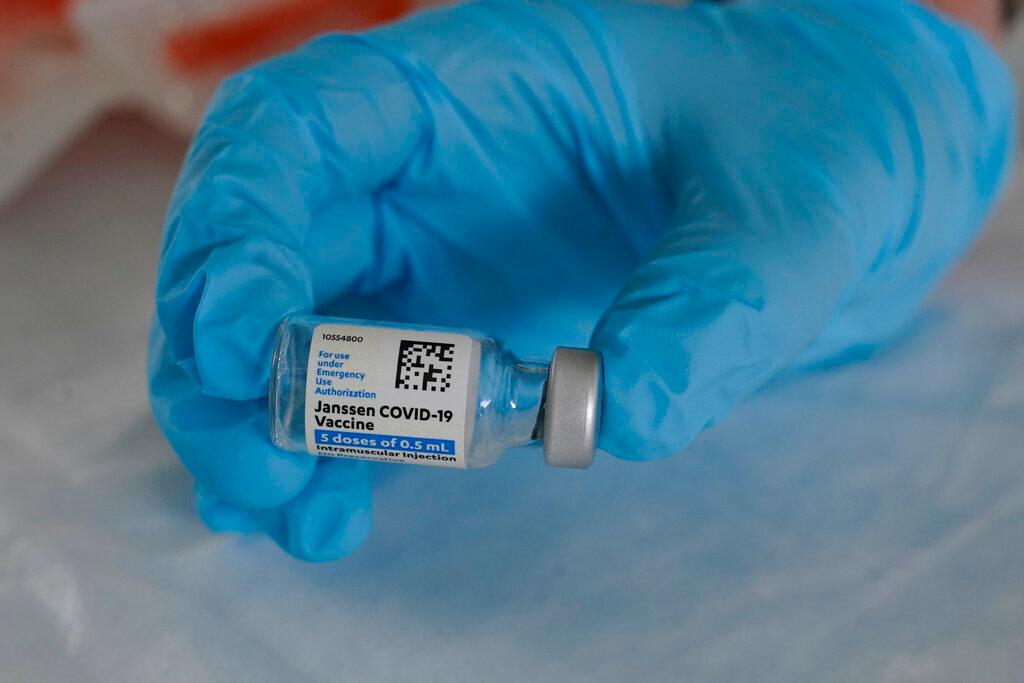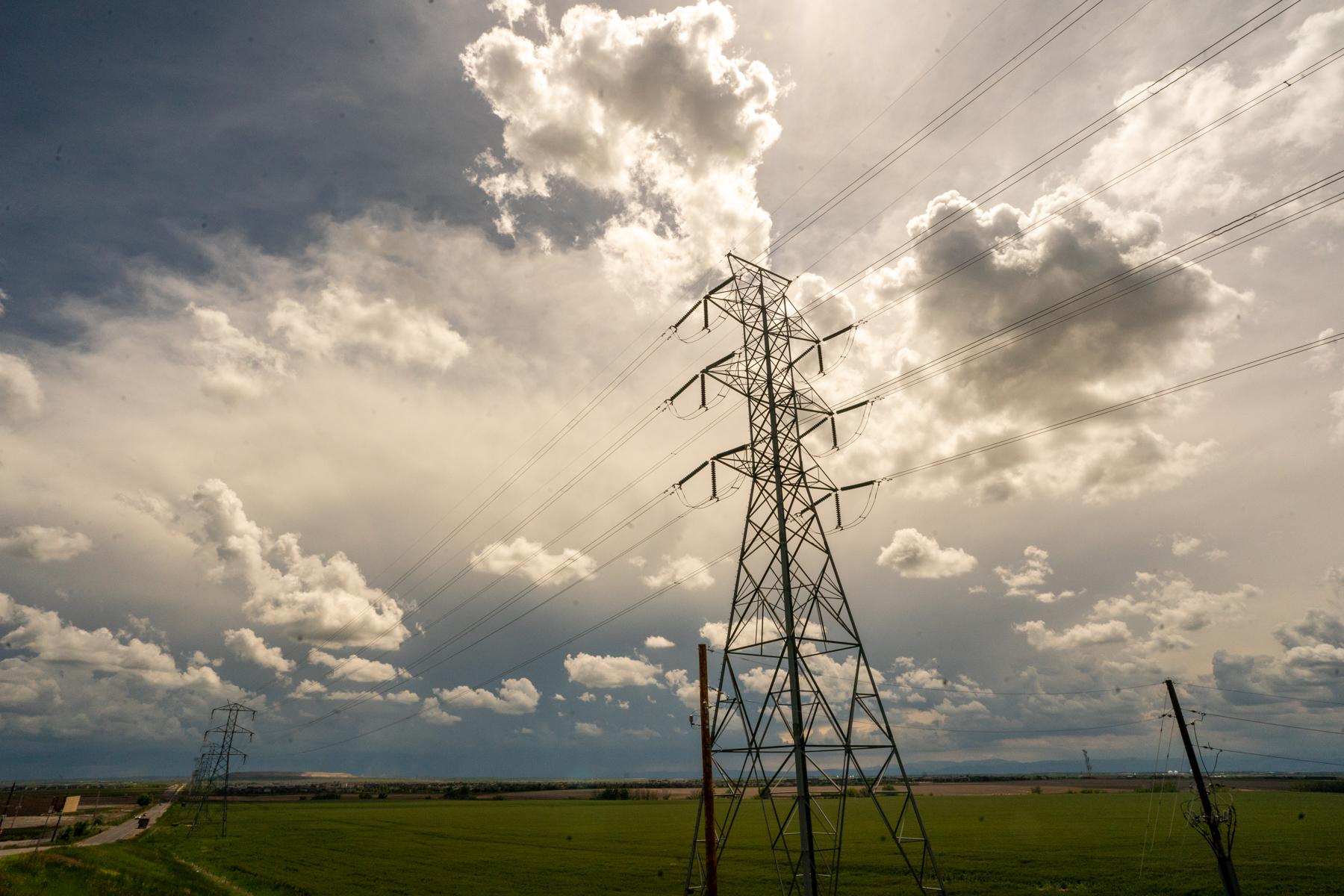
A third vaccine is now arriving in Colorado, but before the first dose has been injected, Johnson & Johnson’s version is already facing opposition over how it was made, and whether it represents something like a consolation prize for diverse communities where vaccines have been in short supply.
The most recent resistance comes from Catholic Church bishops in the U.S. who issued guidance earlier this week recommending Catholics avoid the Johnson & Johnson vaccine.
Colorado’s Catholic churches have lined up to endorse the guidance, which was issued Tuesday on the heels of the FDA’s decision to approve use of the newest vaccine.
“The approval of Johnson & Johnson’s COVID-19 vaccine for use in the United States again raises questions about the moral permissibility of using vaccines developed, tested, and/or produced with the help of abortion-derived cell lines,” said a statement from the United States Conference of Catholic Bishops.
The objection stems from the use of cell lines originally derived from an aborted fetus to create the Johnson & Johnson vaccine. The cell lines date back to a single abortion decades ago and don’t contain tissue from the original fetus.
The other two vaccines, Pfizer and Moderna, used cell lines but only for testing. The Church’s guidance said the latter two are more morally acceptable because they have fewer connections to aborted cell lines.
The Catholic Church has long opposed to abortion as do some other religious groups.
People usually don't get to choose which vaccine they get
But representatives for the Colorado Catholic diocese emphasized that they are not recommending Church members forego vaccines.
“They're not prohibiting people from getting it. They're just saying that if one is in a position to choose, they should pick the Moderna or Pfizer vaccines,” said Veronica Ambull, a spokeswoman for the Diocese of Colorado Springs.
To date, vaccine recipients have generally not been offered a choice. Providers take what they get from the federal government by way of the state, and public health officials have long advised residents not to pass up a vaccine when offered.
But Gov. Jared Polis said earlier this week that Coloradans may soon have the option of choosing which vaccine they wanted. He said when people are contacted to schedule a vaccine, they’re told which brand they’ll receive. But those who reject that first option may have to prepare for a longer wait.
“If they don’t want that, they can wait and sign up again,” Polis said.
All three of the dioceses in Colorado — based in Denver, Colorado Springs and Pueblo — said they support the conference of bishops' guidance.
Veronica Ambull said the statement from the U.S. Conference of Catholic Bishops also makes clear how critical vaccines are to eliminating the current public health crisis.
“The bishops are also very concerned about the coronavirus. They don't want anybody to get sick or God forbid die unnecessarily as a result of this virus,” Ambull said.
The statement from the USCCB includes a line noting that “being vaccinated can be an act of charity that serves the common good.” The Vatican has previously said that if no option is available, it is “morally acceptable” to accept the Johnson & Johnson vaccine despite its connection to stem cell research derived from an abortion.
“When ethically irreproachable COVID-19 vaccines are not available — e.g. in countries where vaccines without ethical problems are not made available to physicians and patients or where their distribution is more difficult due to special storage and transport conditions or when various types of vaccines are distributed in the same country but health authorities do not allow citizens to choose the vaccine with which to be inoculated — it is morally acceptable to receive COVID-19 vaccines that have used cell lines from aborted fetuses in their research and production process,” the Vatican’s Congregation for the Doctrine of the Faith wrote in December in a statement approved by Pope Francis.
Some community members are concerned the bishops’ statement could increase general vaccine hesitancy, especially among certain groups. The pressure is on to get at least 70 percent of adults vaccinated worldwide in order to maybe achieve "herd immunity" and suppress the spread of the virus.
“It adds another variable that could cast doubt on vaccines in the Latino community because Latinos do pay close attention to what church leaders say,” said Jim Garcia, chief executive officer and founder of Tepeyac Community Health Center.
Concerns about effectiveness and equity
The Johnson & Johnson vaccine has already led to some hesitancy among Coloradans for its lower efficacy rate compared to the Pfizer and Moderna vaccines, though studies show it’s equally effective at preventing severe illnesses and hospitalizations.
“The Johnson & Johnson vaccine is a very sound vaccine, and there’s concern that if people don’t take it if it’s available, they will have to wait longer to be vaccinated,” Garcia said.
There have also been concerns that some of the Johnson & Johnson vaccine’s benefits — it requires just one dose and does not need to be stored at freezing temperatures — will mean they’re sent to marginalized communities, like those experiencing homelessness, which will result in the view that it is the lesser of the vaccine options.
“It could at least give the appearance of inequity, said Dr. Fernando Holguin, a pulmonary and critical care physician at Anschutz Medical Campus. “However, I would argue that both vaccines are equally effective in preventing severe COVID, so in hard to reach — especially transient populations — J&J may actually be a better approach.”
As for the Catholic Church, its concern about vaccines extends to other medical treatments that use cell lines and it hopes to make a larger statement with its recent guidance.
“The idea is that we as Catholics really want to send a message with our healthcare choices, that we don't support this, this type of research, [and] that there are other ways to develop vaccines that don't involve the use of cell lines from abortion,” said Ambull of the Diocese of Colorodo Springs.
Some Catholic churches admit that the guidance conflicts with another goal: getting members to return to services in-person around the state.
“A lot of people want to get back to church, but not everybody feels safe going back ... so if vaccination helps with that whole thing, that's a plus, as far as the bishops are concerned,” Ambull said.








